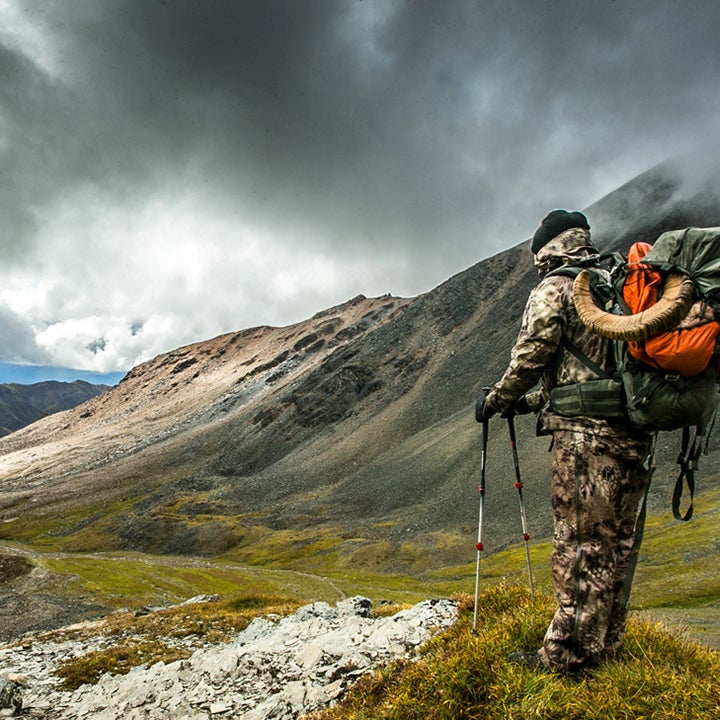On August 24, Secretary of the Interior Ryan Zinke will reveal which national monuments he’ll recommend to reduce in size or abolish. The direct challenge to Teddy Roosevelt’s Antiquities Act is unprecedented and threatens to put the interests of the fossil fuel industry ahead of those of the American people. That it’s unpopular with environmentalists isn't a surprise, yet they haven't proven to be the most outspoken—or effective—opponents. That honor belongs instead to hunters.��
In cities, hunting has developed something of a bad rap. Blame Duck Dynasty, , and Elmer Fudd. Yet America’s public lands and America’s tradition of sport hunting are so intertwined that they’re virtually synonymous. And the latter is responsible for conservation in this country.
Here’s the brief history lesson: public lands and modern sport hunting were both created by the same person—ol’ Teddy—around the beginning of the 20th century. He realized that without giving nature a value, people would never protect it. So he created a system for setting aside vast tracts of land for public ownership and use—including resource extraction, so long as it didn't destroy the land. That resource extraction included managed hunting of wildlife: Roosevelt's sport-hunting system regulated the numbers of animals hunters were permitted to take, as well as taxed them for the game, with the revenue going right back into funding public-land management.��
That’s conservation, in a nutshell, and it’s been enormously successful. Today, populations of animals like deer, elk, bear, antelope, and game birds have rebounded across the country. Hunters pay billions of dollars that go toward protecting this habitat. It’s a marvelous, self-sustaining system, a proud tradition, and the reason we have so many wild places. It’s also what Zinke is threatening to undo.
Luckily, hunters aren’t about to take that lying down.
Last week, the national hunting advocacy group launched a new television ad that's running in Montana, the Secretary's home state. Featuring scenes of general outdoor recreation and hunting, the ad uses Zinke’s own quotes to illustrate his hypocrisy—.��“The only person who’s mind we’re trying to change is Ryan Zinke’s,” explains Land Tawney, president and CEO of BHA. The organization purchased $1.4 million of airtime for the spot—it's on heavy rotation.
Since the start of 2017, the BHA's membership has nearly doubled, from 8,000 to 15,000 dues paying members. Tawney credits this increase largely to the GOP’s ongoing war on public lands.��“If you attack one monument, you attack them all,” says Tawney. The goal of the BHA is to convince Zinke to keep all current national monuments intact, and there's reason to believe Zinke will listen.��
Back in February, former Congressman Jason Chaffetz’s (R-Utah) plan to sell off 3.3 million acres of public land across the U.S. was met with such vocal protest from hunting groups, that he was forced to withdraw the bill. There were , and Utah's biggest hunting show featured by country music stars David Brinker and the Swon Brothers. Yeti was the title sponsor.��
That hunters are so fired up in opposition to GOP policy is a big deal. Hailing from rural areas, people who are passionate about hunting tend to vote Republican. No other traditionally conservative group is currently waging such a public campaign against current GOP policy.��
There are in this country, and that industry is responsible for in consumer spending annually. Hunting employs over 700,000 Americans. . No party can afford to totally alienate such a large portion of its voting base.��Dressing up in camo and carrying a gun into the woods to prove you're a “hunter” is .��
Will the protest of a core and vocal group of GOP voters be enough to save our national monuments? We hope so. “Zinke should know that sportsmen are watching,” says Tawney.


